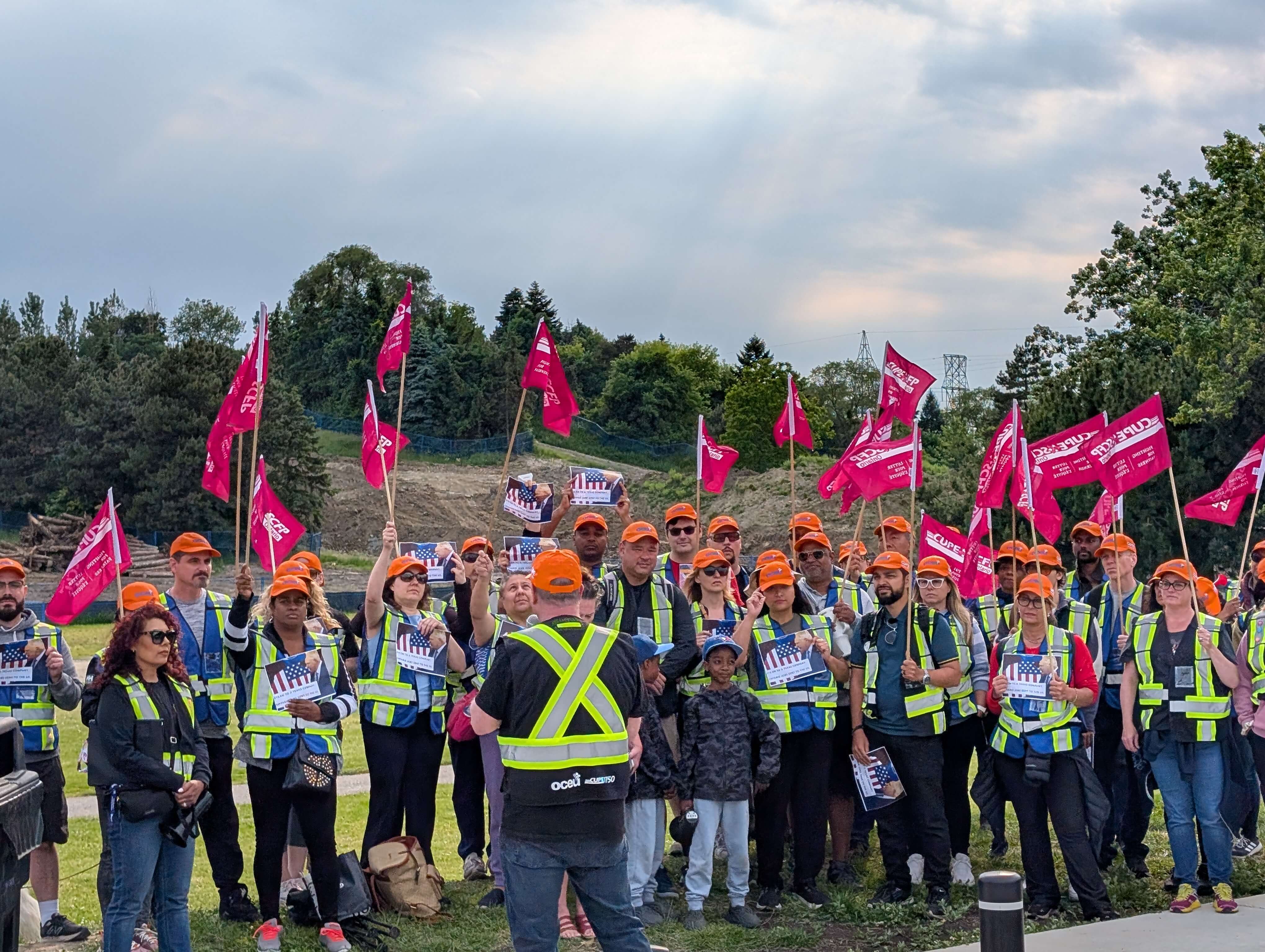Job insecurity and pandemic also impacted worker mental health

Lone workers in the oil and gas sector face a plethora of issues.
Working in remote locations or offshore, workers are at risk of a number of accidents such as slips, falls, chemical exposure and even explosions.
But aside from physical hazards, what of psychological safety?
Isolation among remote workers is a huge issue.
In addition, the employment landscape in oil and gas has been unstable for a number of years now due to a market downturn, a push towards more sustainable energies and more recently COVID.
“When we think about all the factors that contribute to the development of any mental health conditions, things that come to mind are isolation, loneliness […] and job insecurity,” says Dr. Amaria Khush.
And the timing of COVID certainly hasn’t helped, exacerbating both feelings of isolation and job insecurity.
Dr. Khush Amaria says that across all industries, her organization’s data shows that around one in four Canadians suffer from mental health conditions such anxiety, depression or PTSD.
Dr. Amaria, PhD., C. Psych, is a clinical psychologist and senior clinical director for CBT Associates and MindBeacon digital therapy.
She says that while individual factors exist of course, the addition of additional stressors can help tip the scales toward a person developing a mental health condition.
In the oil and gas sector – and other male-dominated industries where mental health is perhaps less talked about – there are additional barriers in helping people recognize signs that individuals are struggling, says Dr. Amaria.
Being able to identify symptoms such as irritability and anger, withdrawal, trouble doing your task can help by making conversations less about building emotional awareness and more about tangible signs.
“As we train on the front lines, people can also better watch out for each other. They can ask their buddy how they’re really doing, they can reach out to a [supervisor] that they trust about how they’re really feeling,” she says.
Being about to open up and talk about our every day experiences can help workers feel the value of peer support.
“I have no doubt that individuals that work in these dangerous environments, when they’re working in isolation, generally care about each other but maybe don’t have the vocabulary, the awareness or are not provided the right environment to have open discussions about mental wellbeing,” says Dr. Amaria.
So what can employers do to better address the mental health needs of those in the sector working in these conditions?
She says that what has been great in the context of COVID is seeing more and more employers talk about the Employee Assistance Program (EAP). Though it has existed for years, its utilization has until now been relatively low – certainly in the oil and gas sector.
“The key piece is, whatever the company is able to offer, it only works when the person uses it,” says Dr. Amaria.
Employers need to think about the multiple angles in which to continue to destigmatize mental health, and customize the help available to individuals.
Dr. Amaria explains that some of the help is formal support available to employees (such as an EAP) and some is informal – such as a discussion or conversation between leaders and workers.





